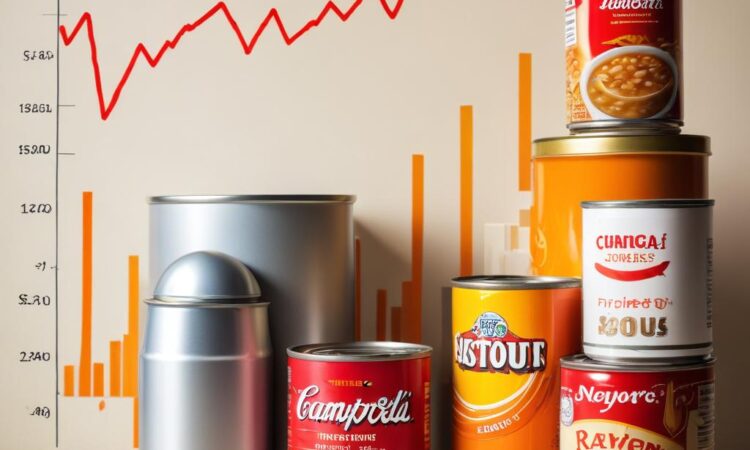Metal Tariffs: Could Your Wallet Feel the Pinch?
So, you’ve probably heard about Donald Trump and his plans for tariffs on imported metals. Sounds kinda boring, right? Wrong! This could actually mean a hike in prices for some everyday things you buy. We’re not talking about fancy imported caviar here, folks. We’re talking about stuff you probably use every single day.
Let’s dive into three surprising American goods that could see a price increase because of these tariffs. Get ready, because this might sting a little (depending on your budget, of course!).
1. Your Next Car (or the Repairs)
Think about it: cars are made of tons of metal. Steel, aluminum – the works! If the cost of these metals goes up because of tariffs, car manufacturers are going to have to pay more for their materials. And guess who ultimately foots the bill? You do. This isn’t just about the sticker price of a brand new car; it also affects the cost of repairs. A simple fender bender could become significantly more expensive if the price of replacement parts skyrockets.
We’re talking about everything from the body panels to the engine components – even the little screws holding everything together. Every single piece could potentially become more expensive, making owning and maintaining a vehicle more of a financial burden.
Now, some manufacturers might try to absorb some of these increased costs, but they can only do that for so long. Eventually, those rising material prices will be passed on to consumers. So, start saving up if you’re planning on buying a new car or needing repairs anytime soon.
2. That Can of Soup (and Other Canned Goods)
Surprise! Your lunchtime soup isn’t immune to the effects of metal tariffs. While you might not think of a can of soup as being particularly “metal-intensive,” the cans themselves are made of steel. The increased cost of steel means that the manufacturers of these cans will have to pay more for their packaging.
And just like with cars, this cost increase is likely to be passed down to consumers. It might not be a huge jump in price for a single can of soup, but those small increases add up, especially when you consider how often people buy canned goods. Think about all the other canned products too: vegetables, fruits, sauces… the list goes on.
This isn’t just limited to soup, either. Many other food items rely on metal cans for packaging. So, get ready to potentially pay a little more for those pantry staples.
3. Household Appliances
From your refrigerator to your washing machine, many household appliances rely heavily on metal components. The impact of metal tariffs on this sector could be significant. Washing machines, refrigerators, ovens, dishwashers – they all contain substantial amounts of steel and aluminum.
If the cost of these metals rises, manufacturers of these appliances will face higher production costs. They’ll likely pass these increased costs onto consumers, potentially resulting in higher prices for new appliances and more expensive repairs. That new smart fridge you’ve been eyeing? It might become a bit pricier thanks to metal tariffs.
Think about replacing a broken appliance – that repair bill could become considerably higher than it would have been before these tariffs. So maybe it’s time to start being a little more careful with your appliances!
These are just three examples of how metal tariffs could impact the everyday lives of Americans. The full extent of the effects is still unfolding, but it’s clear that many commonly purchased goods could experience price increases. It’s a complicated issue, but understanding the potential ripple effects is key to preparing for what could be coming. So keep your eyes peeled for price increases on a variety of goods in the coming months!

